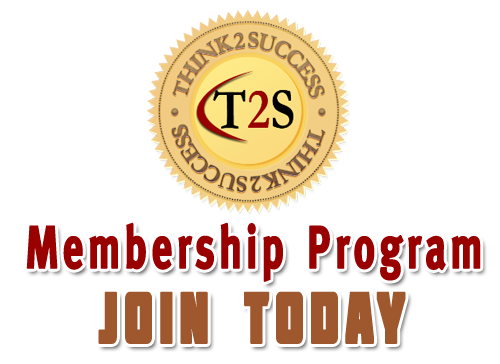

Heated Argument
According to CNN, 4 out of 10 Americans over the age of 18 are single, and the shocking reality is 61% of them have never been married. And these “singletons” are living alone – 1 out of every 5 homes is occupied by a single person. Chances are, you are single and / or you know lots of single people.
So why are so many Americans living single? I can answer that from personal experience. I never considered marriage with anyone until 2011, and the primary reason was simple – I hated the intense drama that always seemed to come with disagreements.
I fell in love with my fiancé, and what keeps us happily in love is the fact that there is very little drama when we have disagreements. In fact, research shows that the strongest predictor of success in any relationship is based on how well you manage and resolve conflict.
Our friends consistently come to us for relationship advice because we never have drama when we do disagree. How do we do it? We use 6 insanely brilliant strategies to manage conflict, and with practice, you can too.
Manage Your Emotions
When conflict arises, most people become inward focused, become very inflexible, and stop focusing on finding solutions. All of these result in emotions going unchecked. To be successful, you’ve got to keep your emotions in check. As Desmond Tutu once said, “Don’t raise your voice, improve your argument.”
Maintain a Laser Focused Search for Solutions that are Mutually Appealing
This might sound like an obvious thing to do, yet it is one of the first principles to be violated during conflict. People who are successful in managing conflict know from experience – you should declare your intentions to seek a mutually beneficial solution and continuously state this throughout the conversation to keep the goal squarely in front of you. Failure to do this almost always results in hurt feelings, and hurt feelings are hard to overcome.
Demonstrate Selflessness as Opposed to Selfishness
Success in any relationships requires you to be willing to see things from the other person’s perspective. We are creatures of emotions and habits, and it takes time and perseverance to deal with someone else. Be aware of what triggers you to become inward focused, and practice remaining “other” focused when those triggers occur. With practice, you will become very successful at genuinely remaining collaborative during conflict.
Avoid Saying / Doing Anything that Will Irreparably Harm the Relationship
This is an easy trap to fall into. As the conflict intensifies and emotions get amped up, the tendency to potentially say some pretty disrespectful things increases. Avoid this at all costs. It only results in resentment, and one thing is clear – people may not remember what you said, but they always remember how you made them feel. Take a time out. Walk away. Declare your intention to find a solution. Do whatever you must do but never say anything that you wish you hadn’t.
Accept Responsibility and Demonstrate the Ability to Admit Mistakes
In an increasingly diverse population, understanding the nuances of cultural impacts on conflict and disagreement is becoming hugely important. As noted in a June 2012 article in the Harvard Business Review, Americans see an apology as an admission of guilt, so we’re not as willing to apologize as someone who is from a group oriented culture such as some East Asian countries. Failure to accept responsibility and apologize when it is warranted always results in destruction of trust, and without trust as the basis of any relationship, the odds of sustained success are much lower.
Employ Strategies that Help You Recover Quickly from the Conflict
If you follow all 6 of these rules, you’ll naturally have a great chance of recovering quickly from any tension. Various strategies help the recovery process including the use of appropriate and well timed humor, simply saying “thank you”, appropriate displays of affection, etc. It depends on the persons involved in the disagreement so personalize the strategy used to recover quickly, and you’ll be noted for not seeming to dwell on the past affording you a distinct advantage when it comes to building trust based relationships.
These are the 6 strategies that my fiancé and I use to remain extremely happy in our relationship. By remaining consciously aware of how you react to conflict and deploying these very effective conflict management strategies, your relationship stands a great chance of long term success.
If you are seeking to significantly improve your work and / or your personal relationships, email me today at info@ictscorp.com and visit my website for more strategies for success.



My Mom Said I would like this blog she was right you are a nice person and you write well